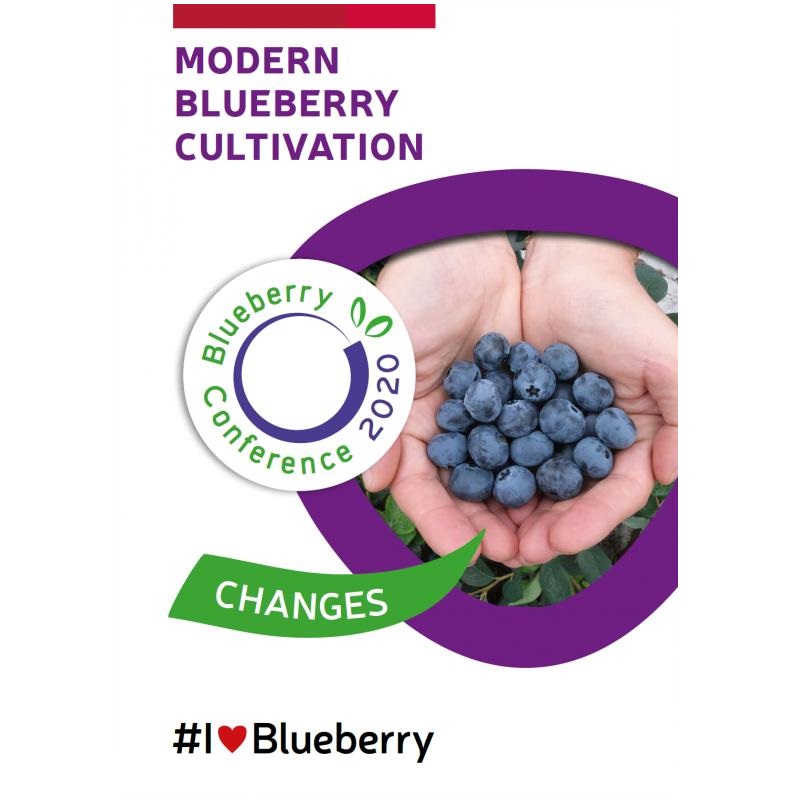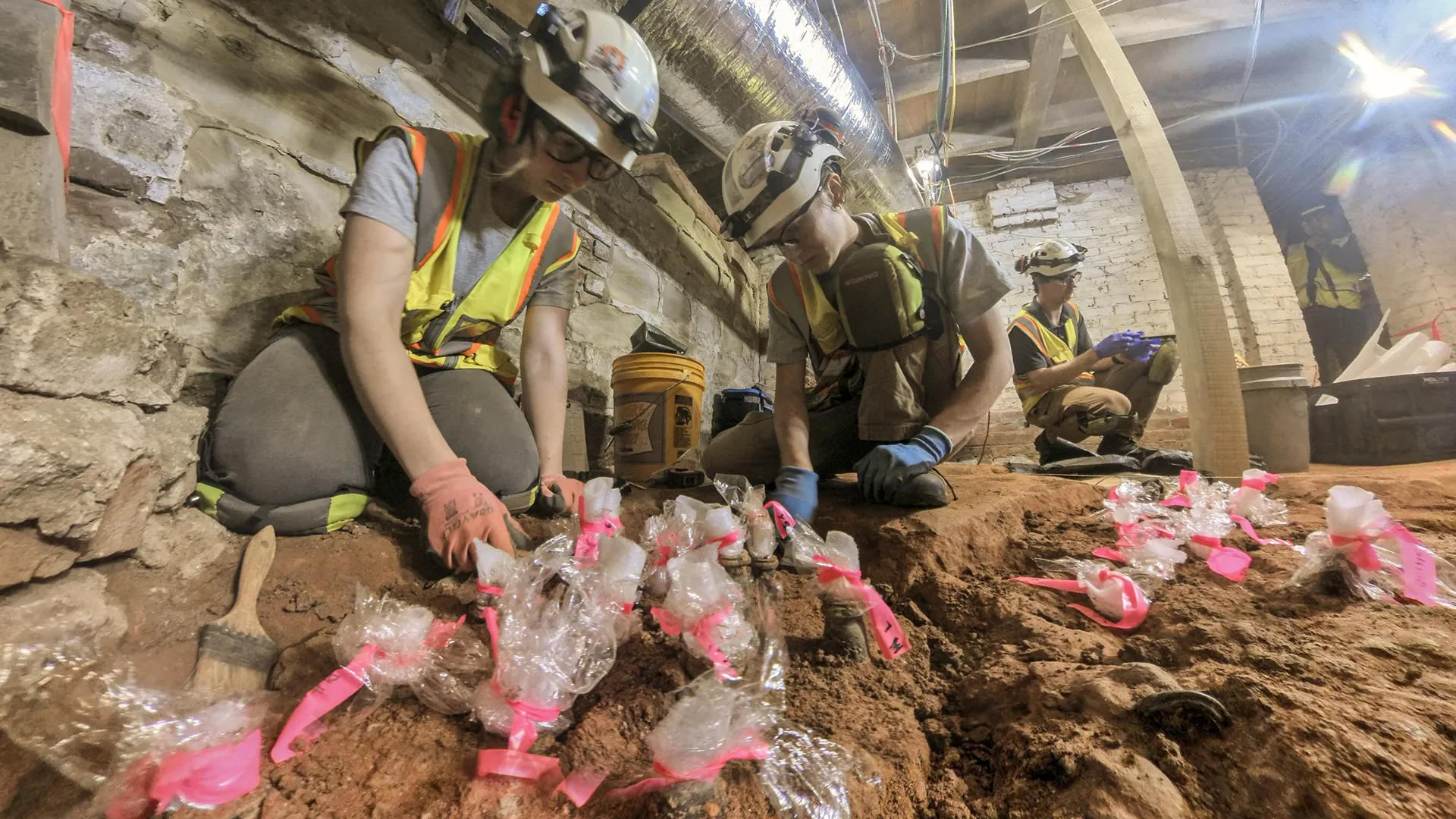Prof. Fulvio Mattivi is a full-time professor at the University of Trento. His main research activity has focused on food chemistry, investigating the different classes of polyphenols from an analytical, technological and nutritional point of view.
In this interview with Italian Berry he explores the role of resveratrol in combating viral infections such as Covid-19.
Prof. Mattivi, what is resveratrol and how can it be useful in these Covid-19 times?
Also recently, in a study published in February 2020, resveratrol is mentioned among the molecules of therapeutic interest. Other research has shown resveratrol to be a powerful antiviral against MERS-CoV in "in vitro" experiments.
Where is this molecule?
Resveratrol can be found in grapes, wine (especially red), apples and blueberries. However, it is important to emphasise that it is found in food in precisely dietary doses.
What is a dietary dose?
In blueberry (Bilberry) it was reported at a concentration of 0.67 mg/100 g FW. In the American blueberry , about 0.3 mg/100 g FW (Bluecrop). According to other authors, they are even lower.
This means that the consumption of berries and blueberries in particular is beneficial due to its very rich content in several classes of bioactive compounds (anthocyanins, flavonols, cinnamic acids, procyanidins) but does not provide significant amounts of resveratrol.
Are supplements containing resveratrol effective?
The preparations proposed as supplements based on polyphenols obtained for example from grape marc may also contain resveratrol, but always in limited quantities by the content present in the berry.
How can resveratrol be made more available to the human body?
Resveratrol is poorly soluble and difficult to absorb. A natural alternative is the glucoside of resveratrol (polydatin) which is a more soluble and easier to administer.
Both resveratrol and polydatin can be easily extracted and purified with food grade, starting from a large perennial herbaceous plant available in abundance, which is naturally rich in it, the Polygonum Cuspidatum.
Can polydatin help fight Covid-19?
Polydatin has also been studied among the inhibitors of influenza virus replication and is pharmacologically more promising due to its good bioavailability.
EGFR (Epidermal Growth Factor Receptor) in particular is considered strategic for influenza virus infection (demonstrated on influenza A) and polydatin binds to EGFR and can prevent virus binding; polydatin is a tyrosine kinase inhibitor with confirmed clinical data in dermatological complications from biological drugs used in oncology.
Clinical data in cancer patients show that with an orosoluble preparation, which has been on the market for some time in Italy, there is an excellent diffusion in the lungs and brain of the molecule that has an apoptotic effect on cancer cells and probably, as suggested in the work on PLOS ONE, could inhibit virus replication.
Therefore, it is likely that polydatin could be a preventative measure for people professionally exposed to the risk of infection, and it is also considered safe, having already been tested for a long time on cancer patients.
What recommendations can we make for its use?
Food supplements based on polydatin (resveratrol glucoside) freely available in pharmacies, are at dosages of 75 mg, with recommended doses of 1-2 intakes per day.
The use instead as an adjuvant in clinical trials has required higher and more frequent intake, naturally under prescription and strict medical supervision.
Such doses are absolutely not approachable with any food source.
So what do you recommend to combat Covid-19 with blueberry?
My advice is therefore: consume blueberry frequently, a berry that is a concentrate of bioactive compounds and is even more useful in this lock-down period when our diet is likely to be heavily unbalanced (due to less physical activity) and nutritionally impoverished.
But remember, it's a food and not to be confused with a drug!






